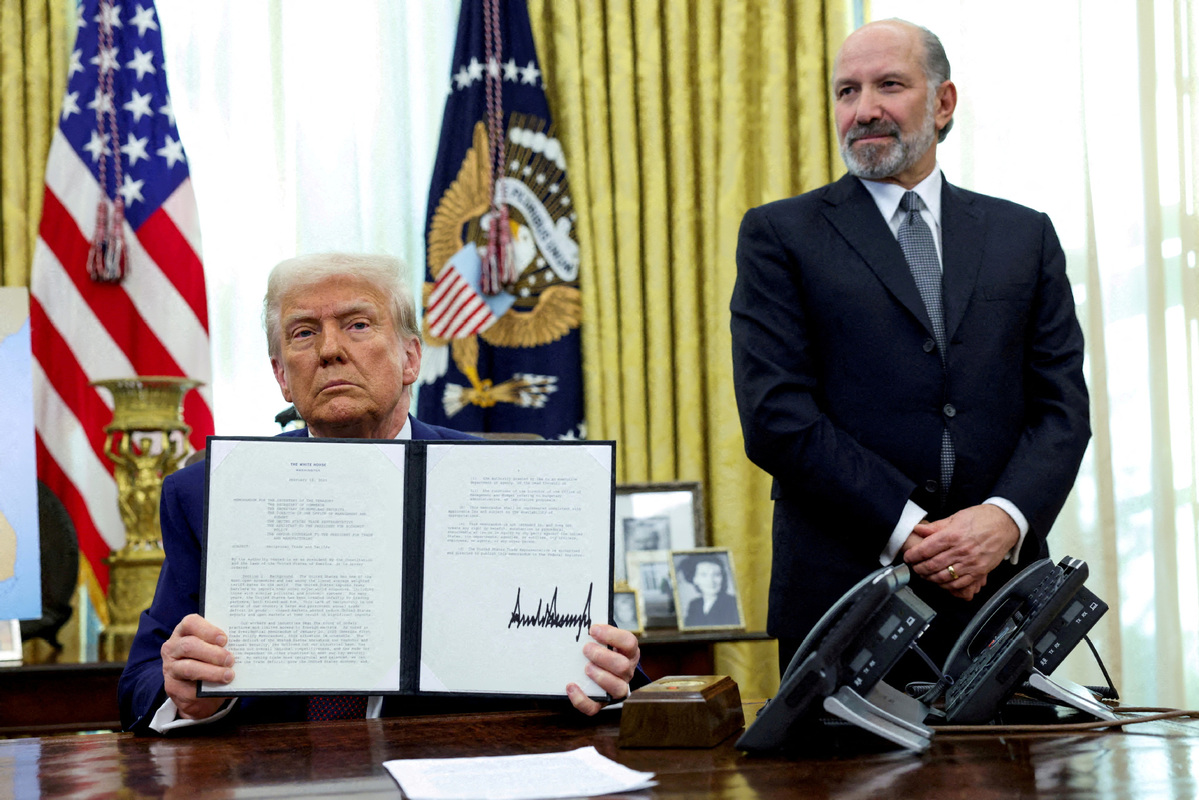American consumers victims of unfair price-reduction tactics


The Ministry of Commerce and other relevant departments summoned Walmart on Tuesday, following reports that the retail giant had asked some of its Chinese suppliers to significantly reduce prices. Walmart's move is seen as an attempt to help US consumers offset the otherwise unavoidable price hikes due to the United States imposing tariffs on Chinese goods. Walmart's approach raises important questions about fairness.
It has been the company's longstanding strategy to leverage its vast purchasing power to pressure suppliers into reducing costs. Walmart reportedly requested its Chinese suppliers to lower prices by up to 10 percent for each round of tariff. Reports show only a small number of suppliers agreed; the majority of Chinese suppliers, already operating on extremely tight profit margins, found it impossible to comply.
While Walmart's actions may be driven by the need to protect its business interests, they risk undermining the principles of fair trade and mutual respect that are essential for healthy economic relationships.
The potential impacts of Walmart's approach are significant. It could lead to supply chain disruptions, affecting the production and distribution of goods.
Walmart's demands could end up creating an uneven playing field for businesses. If suppliers are forced to lower prices to unsustainable levels, it may lead to a decline in product quality, ultimately harming US consumers.
It is crucial for Walmart and other multinational corporations to recognize the importance of balancing their business interests with the principles of fair trade and mutual benefit.
Instead of pressing its suppliers to reduce their prices, Walmart and any US companies intent on following suit should work together to pressure the US administration to put an end to its lose-lose tariff policies.
Constructive dialogue and cooperation, rather than unilateral demands, are key to fostering a sustainable and mutually beneficial trade environment. A more collaborative and balanced strategy would not only help preserve the stability of global supply chains but also contribute to a healthier and more equitable trade relationship between China and the US.


































